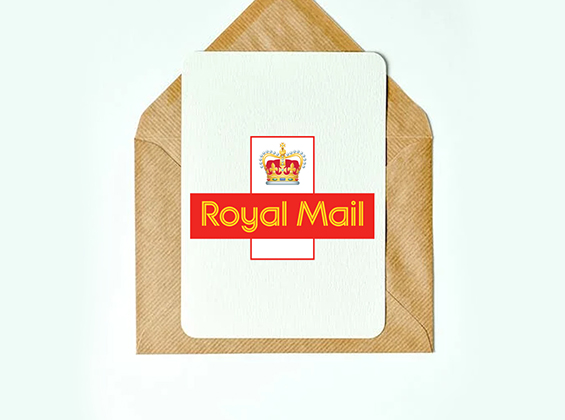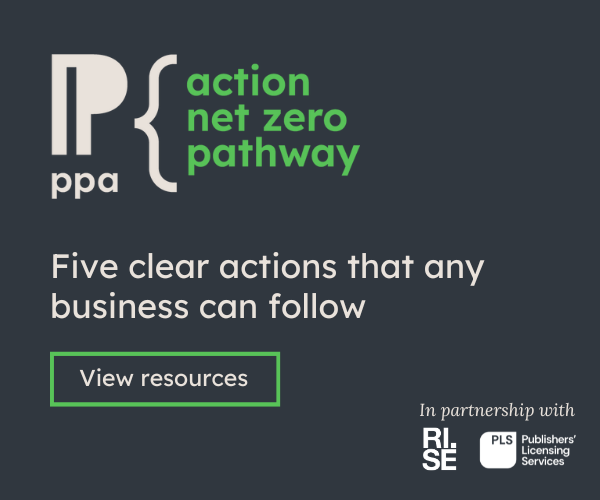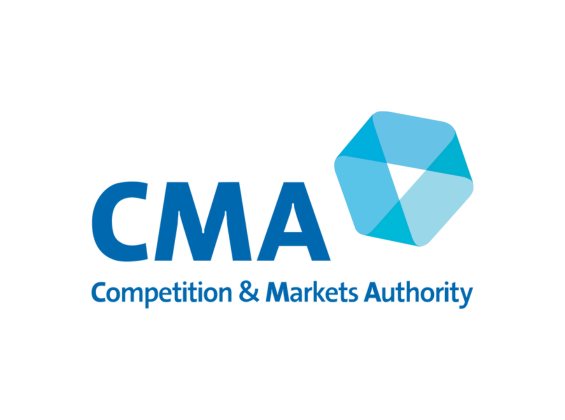Former science, innovation and technology committee publishes report on AI governance and calls for greater protection on copyright and IP rights
The now-dissolved Select Committee for Science, Innovation and Technology recently published a report on the governance of AI, aimed to examine the development, current state, and future of artificial intelligence.
The report was published on 28th May 2024, with parliament dissolving two days later, rendering the committee ceased. Despite this, the committee affirmed the report was ‘futureproof’ to ensure the next government can implement the recommendations where fit.
The report addressed several key themes including:
- Ongoing debates and emerging regulation
- International engagement
- Committee recommendations on AI governance
Impact on the publishing sector
Currently, the government’s framework for legislating AI involves a cross-sectoral approach. In February 2024, regulators (e.g., Ofcom, the FCA) were instructed by government to provide an update on their strategic approach to governing the use of artificial intelligence within their sector.
Publishers are uniquely affected by AI in that their online content is often scraped, without licensing, to train AI models. This means they are impacted directly by AI developers, making it difficult, if not impossible, for publishers to benefit from this regulatory approach.
Intellectual property and copyright
Despite this, the report addressed the challenge of intellectual property and copyright in the face of artificial intelligence. The committee called on the government to “broker a fair, sustainable solution, based around a licensing framework governing the use of copyrighted material to train AI models.”
They said: “The current Government, or its successor administration, should ensure that discussions regarding the use of copyrighted works to train and run AI models are concluded and an implementable approach agreed. It seems inevitable that this will involve the agreement of a financial settlement for past infringements by AI developers, the negotiation of a licensing framework to govern future uses, and in all likelihood the establishment of a new authority to operationalise the agreement. If this cannot be achieved through a voluntary approach, it should be enforced by the Government, or its successor administration, in co-operation with its international partners.”
PPA next steps: The PPA will be engaging with relevant stakeholders in the run up to the election to build lobbying efforts for an appropriate AI Bill, such as our EU counterparts with the new AI Act. The team will be attending a roundtable with Lord Holmes of Richmond, whose recent AI Private Members Bill was scuppered by the general election, after reaching its third reading in parliament. Nevertheless, he plans to bring the Bill back after the State Opening of Parliament (17th July).









